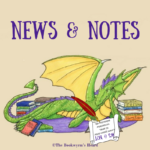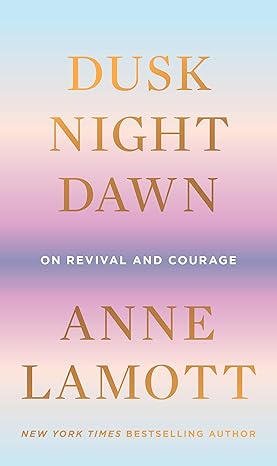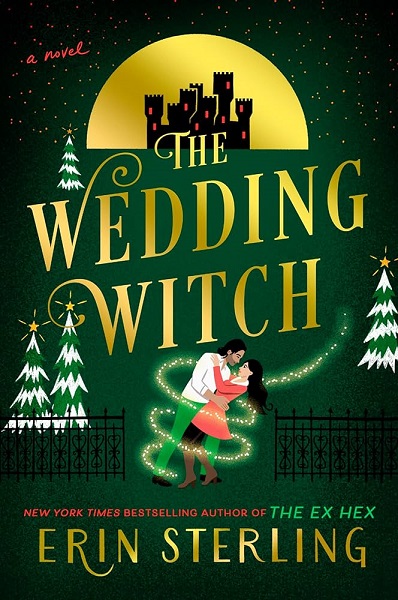Here are some articles I’ve found of interest this week:
New research from Library Resource Services indicates that test scores are higher in schools with an endorsed librarian (as opposed to a library staffed solely by parent volunteers and/or a library aide.) — School Library Journal
“No Surprise, E-reader Use Continues To Grow” contains the results of several Harris polls over the last few years, and correlates number of books read and purchased with e-reader ownership. (Harris Interactive)
I found several informative articles on the Department of Justice’s investigation of and threat to sue the Big 6 publishers and Apple for e-book price-fixing:
- The U.S. Threat to Sue Apple and Publishers: What It Means (PaidContent)
- Publishers Warned on E-book Pricing (BBC News)
- Apple Downplays Role of Kindle Threat in Alleged e-Book Conspiracy (PaidContent)
- DOJ Anti-trust Lawsuit Against Price-Fix 6 Only Benefits Amazon (Nate Hoffelder, The Digital Reader)
I have to disagree with Nate Hoffelder’s conclusions in the last article. It may be true that Big 6’s adoption of the agency model helped make it possible for Barnes & Noble, Kobo, Sony, and others to hang on to and even expand their share of the e-book market. It’s certainly true that it was a boon for Apple, who pushed for the agency model in the first place. But the agency model resulted in higher prices for consumers, particularly when it comes to books available in both e-book and mass-market paperback formats. Before agency pricing, e-book prices were appropriately lower (slightly, not drastically) than the retail price printed on the mass-market book. In other words, you could get the e-book for about what you might pay for the paperback at Walmart, or on sale at Borders. Now, you’ll pay full retail price for the e-book, despite having less true ownership of the book.
If you want to understand the agency pricing model and its effects on e-book prices, take a look at these older posts. I’m not saying I agree with the authors on every count, but the articles do clarify the differences between the agency and wholesale models.
- Why Some E-books Cost More Than the Hardcover (Nathan Bransford)
- A Book is a Book — Or Is It? (An American Editor)




































